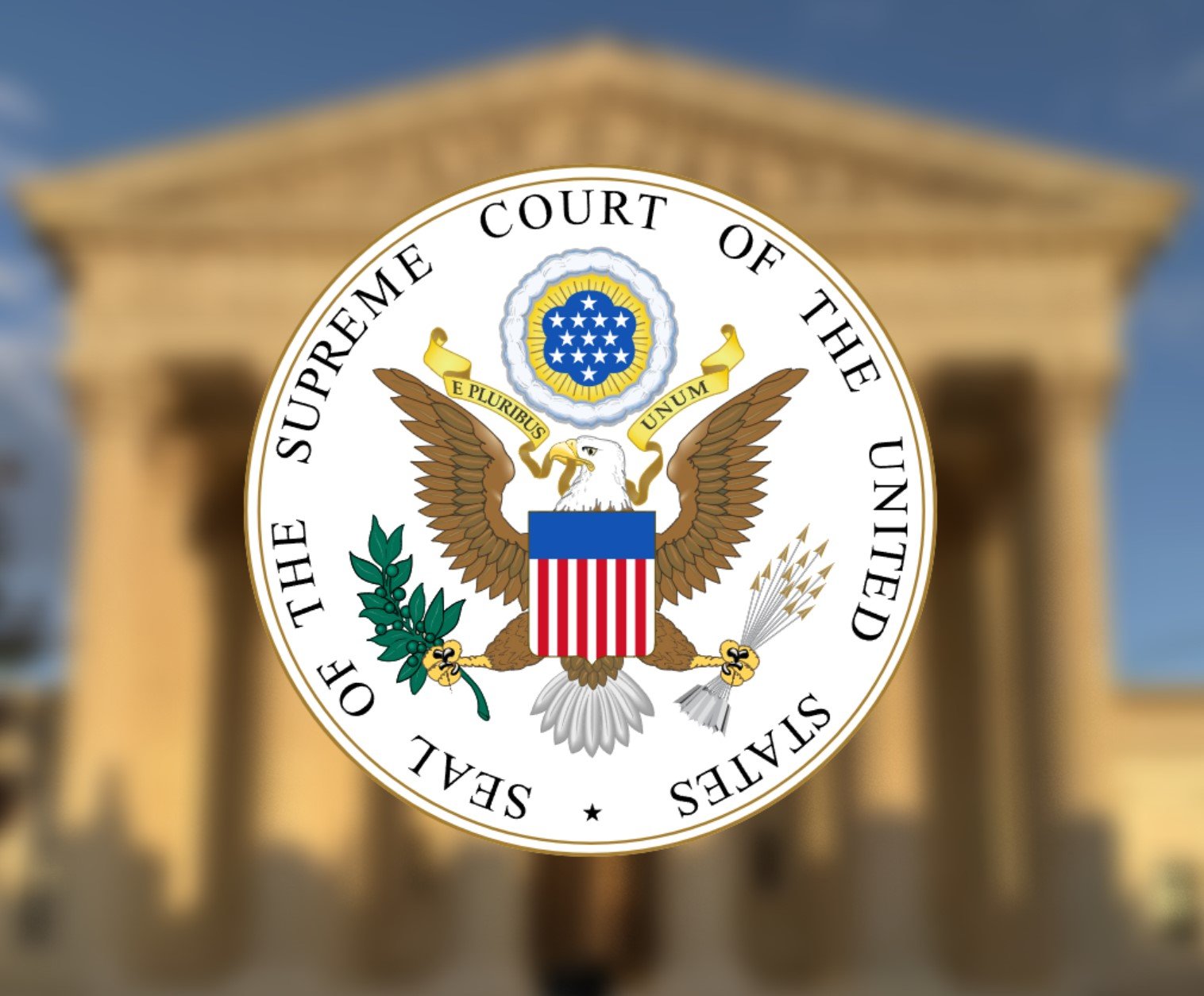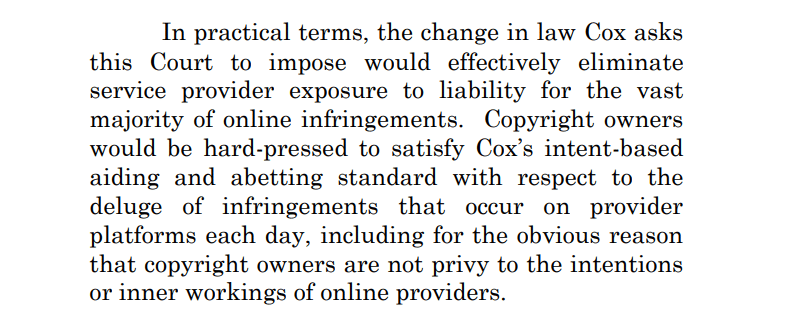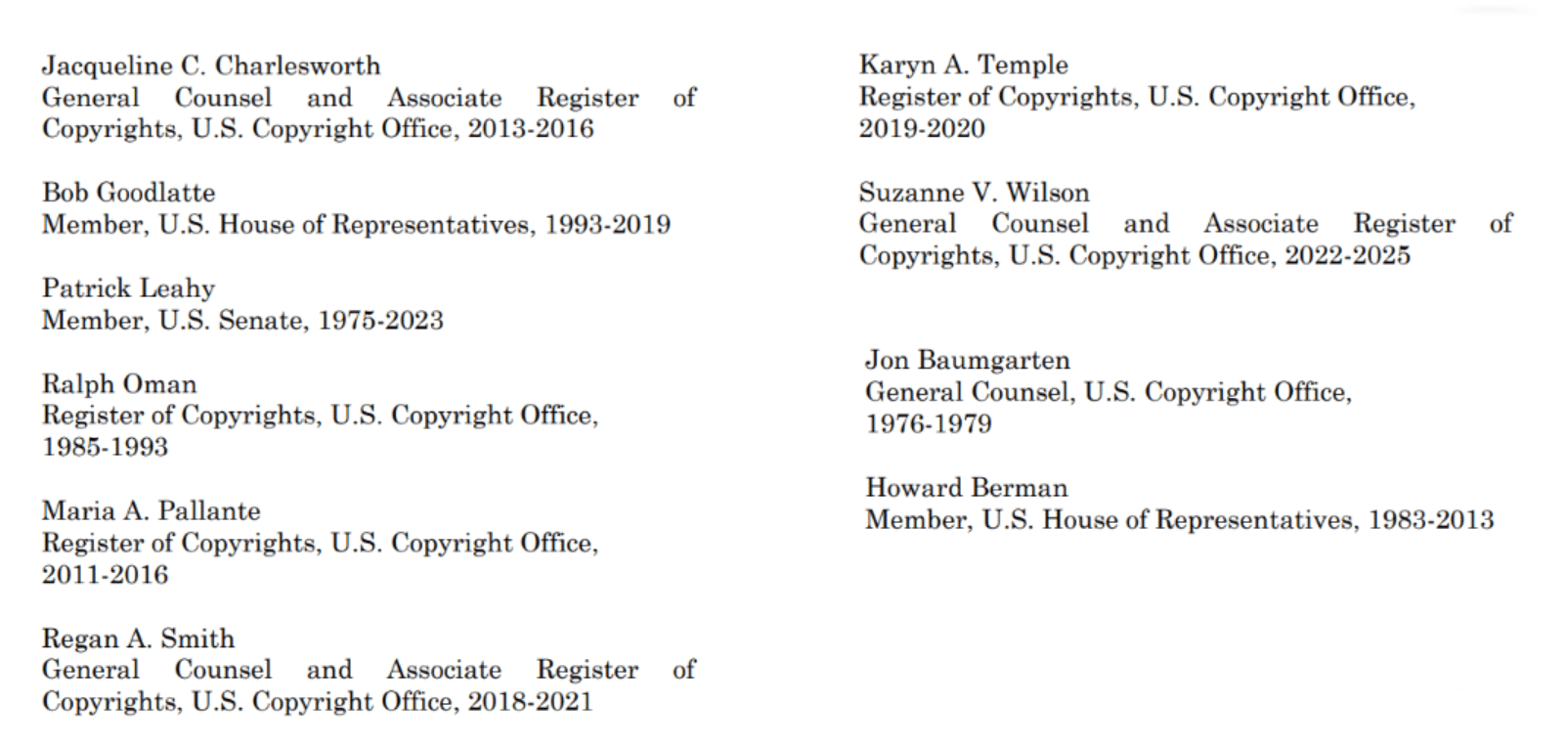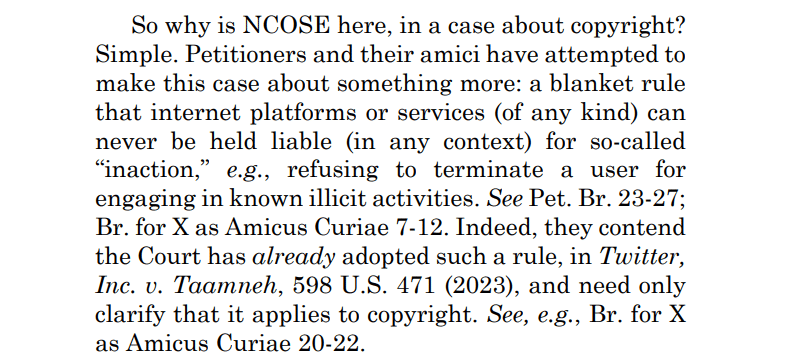 The Supreme Court case between several major record labels and Cox Communications is a landmark legal battle.
The Supreme Court case between several major record labels and Cox Communications is a landmark legal battle.
The outcome will determine how Internet providers should deal with pirating subscribers on their networks.
Should alleged pirates be disconnected from the Internet after repeated third-party allegations of copyright infringement? Or does that go too far?
In its opening brief, Cox argued that the company should not be held liable for contributory copyright infringement because it failed to terminate subscribers after multiple warnings. The U.S. Government, various tech companies, and other interested parties, supported Cox’s position.
Earlier this month, the major record labels, including Sony and Universal Music, countered these arguments in their response brief. Describing Cox as a company that willingly prioritized profits over piracy, they argued that the $1 billion verdict against the ISP should be upheld.
Former Members of Congress and the Copyright Office
One of the key briefs supporting the record labels comes from a group of former members of Congress and the U.S. Copyright Office. These people have direct experience with administering U.S. copyright law, including the DMCA, which is central to the Supreme Court case.
The brief argues that Cox is trying to rewrite contributory infringement law in a way that contradicts what Congress intended. If Cox gets its way, the DMCA safe harbor structure will be effectively rendered toothless because an ISP that doesn’t act against piracy will face no repercussions.
“In practical terms, the change in law Cox asks this Court to impose would effectively eliminate service provider exposure to liability for the vast majority of online infringements,” the brief reads.

The amici clearly have the required expertise and their previous work as lawmakers and copyright experts carries weight. At the same time, it should be noted that some have since moved on to new positions at organizations that have a direct interest in the legal showdown.
For example, Karyn A. Temple, who signed the letter as the former Register of Copyrights at the U.S. Copyright Office, is now the Motion Picture Association’s (MPA) Global General Counsel. Maria A. Pallante, another former Register of Copyrights, is currently President and CEO at the Association of American Publishers (AAP).
Another signee, Jacqueline C. Charlesworth, moved on from the U.S. Copyright Office and currently works as a litigator in copyright cases involving leading music companies, songwriters, and recording artists.

Motion Picture Association (and others)
The Motion Picture Association (MPA) also submitted an amicus brief urging the Supreme Court to uphold the lower court’s decision. Representing the major movie studios, Netflix, and Amazon, it describes Cox’s push for an inducement-only standard as a “tectonic change” based on “profound misreadings” of established law.
MPA argues that Cox can be held liable for not taking action against subscribers for whom it has received multiple piracy notices. This is the entire reason why the DMCA safe harbor exists.
“Cox’s brief is strewn with doom-and-gloom predictions that, absent the rule it seeks, Cox will be forced to an intolerable choice: indiscriminately terminate internet access for grandparents and military barracks, on the one hand; or risk crushing liability, on the other. That is a false dichotomy.”
“Cox could have taken many steps short of terminating internet service as part of a graduated system for addressing known instances of repeat infringement by its customers,” MPA’s brief adds.
According to the MPA, at times Cox chose not to follow its own graduated response scheme, labeling it a decision to keep generating revenue from subscribers who were repeatedly flagged as copyright infringers.
National Center on Sexual Exploitation
While most amici focus strictly on how copyright law should be interpreted, there’s also a clear outlier. The National Center on Sexual Exploitation (NCOSE), a non-profit organization fighting sexual abuse and exploitation, warns that Cox’s arguments for broad ISP immunity could inadvertently harm the fight against CSAM.
“If Petitioners and their amici successfully establish an all-contexts rule that they can never be liable for anything that can be characterized as ‘inaction,’ internet platforms could sit on their hands while knowingly profiting from criminal child sexual abuse material,” they write.

A central theme in this Supreme Court challenge is whether ISPs can be held liable for “inaction”. In this case, that refers to not terminating Internet access of allegedly pirating subscribers.
NCOSE is advocating for a Supreme Court decision narrowly focused on copyright law. While acknowledging and, to a degree, supporting the position of the record labels, the group’s primary goal is to avoid an outcome affecting liability in general.
“This case should only be about the distinct question of contributory infringement of copyright—not blanket rules governing the liability of internet platforms for facilitating or assisting wrongdoing.”
More Amici Support the Record Labels
In addition to these three briefs, the Supreme Court received several more that side with the record labels. These largely focus on the same issues, arguing against Cox’s push to limit liability for Internet providers.
For example, the brief from SoundExchange, A2IM, AFM, and SAG-AFTRA warns that Cox’s proposed interpretation of liability would leave the music industry with no viable option to fight online piracy.
“To adopt Petitioners’ myopic view of contributory infringement would spell disaster for the music community, as it would deprive musicians and those who represent them of the only feasible means of challenging mass online infringement,” they write.
The full list of all opposition briefs, available below, underlines the importance of this landmark case and a Supreme Court decision destined to shape the future of U.S. copyright law. With all key arguments now on record, the Supreme Court will hear both sides during oral arguments in early December.
—
Here is a list of the amici curiae who filed briefs supporting the record labels in the Supreme Court case against Cox Communications.
– The Motion Picture Association, Inc. (MPA)
– The Association of Amicus Counsel (AAC)
– The National Center on Sexual Exploitation (NCOSE)
– Intellectual Property Law Scholars
– Former Members of Congress and Registers and General Counsels of the U.S. Copyright Office
– SoundExchange, Inc., The American Association of Independent Music, et al.
From: TF, for the latest news on copyright battles, piracy and more.
Powered by WPeMatico
